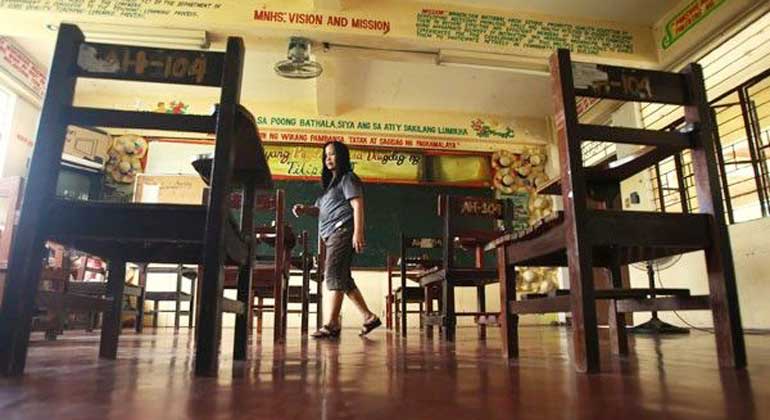
A House of Representatives committee on Monday questioned the Department of Education (DepEd) for implementing sex education in Philippine schools despite the lack of an enabling law.
A 2018 DepEd order allowing schools to teach sex education could even be unconstitutional, Manila Rep. Bienvenido M. Abante, Jr. said, claiming that the 1987 Philippine Constitution places focus on “preserving moral values and protecting the youth.”
“We promote morality, we preserve moral values, and we protect our youth… in the Constitution, and [DepEd] Order No. 31 of 2018 is highly unconstitutional,” he told lawmakers.
“We will question this in the Supreme Court,” he added.
The Education department issued the 2018 sex education memorandum to raise students’ understanding regarding the “cognitive, emotional, physical, and social aspects of sexuality” in an age-appropriate manner.
The Education department is still implementing the sex education order, but it is currently undergoing review, DepEd Undersecretary Filemon Ray L. Javier said in the same hearing.
“There’s no decision to suspend. But the directive from us is to totally review Department Order No. 31… to ensure that its implementation is correct,” he said.
Sex education has been incorporated into the Philippine curriculum across all grade levels since the approval of the Reproductive Health Act of 2012.
“You have a different issuance, which complicates the matter and normalizes comprehensive sexuality education (CSE),” Pasig Rep. Roman T. Romulo, who heads the House basic education panel, said in mixed English and Filipino.
“[This] normalizes CSE, which is not yet a law. There is no CSE Act yet,” he added.
Measures seeking to make sexuality education a mainstay in the school curriculum have faced backlash from conservative sectors of the predominantly catholic country. — Kenneth Christiane L. Basilio
